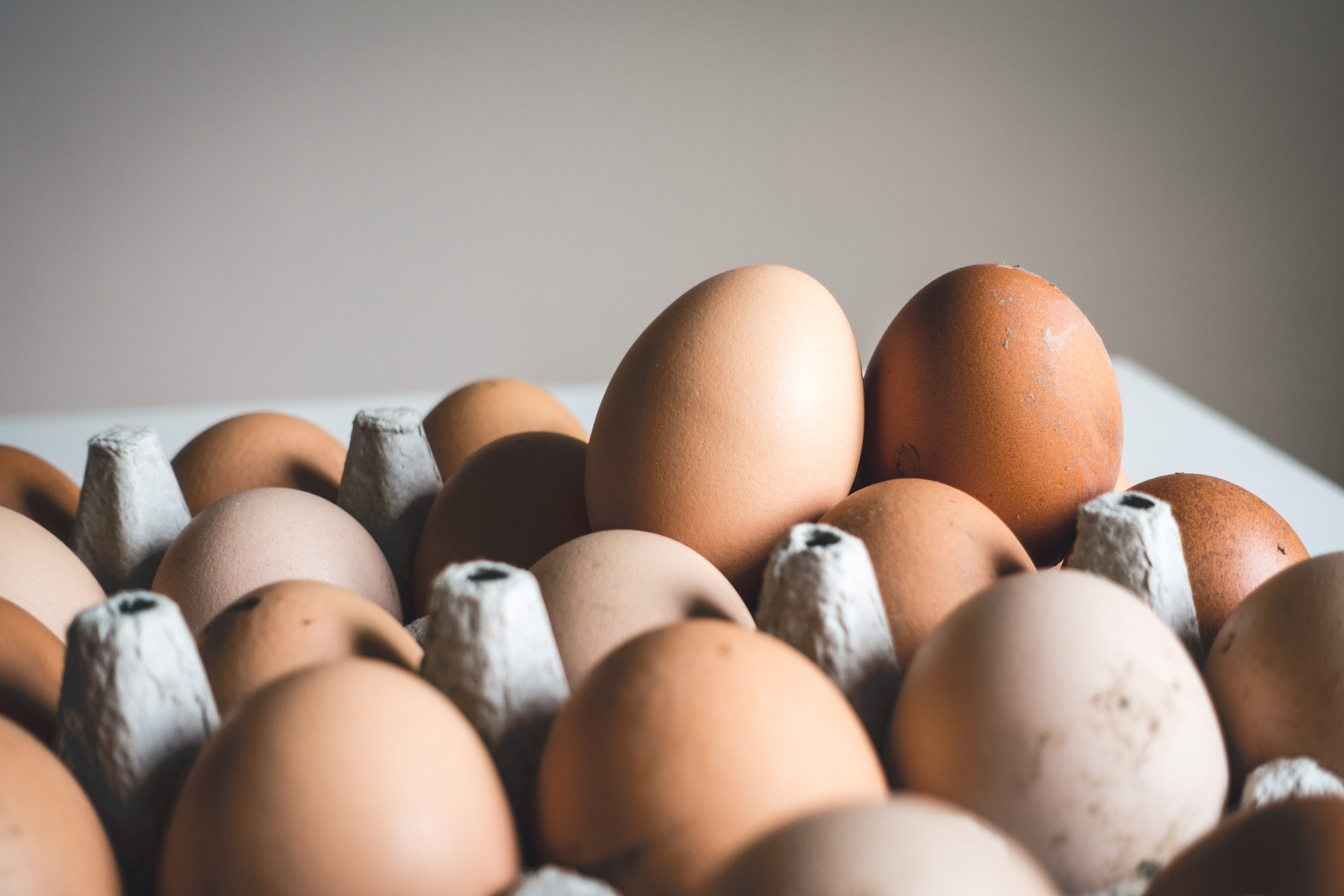




Why it's important that kids know where their food comes from, and tips on how to tell them.

Why talking to your children about meat is important
It’s natural to want to protect our children from the harsh realities of the world. But pretending that meat magically appears on our plates without any suffering is harmful to the animals, the planet, and potentially our kids.
Everyone deserves to know the truth about what their food actually is and where it comes from, including children.
Children are naturally curious, they may not have made the connection between the products on supermarket shelves and the animals they see on farms yet, but they will eventually. Being there to support them in understanding these tricky concepts will help them grapple with the idea that to produce meat, an animal needs to die.
Farm animals are often portrayed in childrens’ books as happy beings who live their lives on colourful farms but there’s a part of that narrative that is missing, the part where they are exploited and slaughtered for food. Allowing children to grow up with this misleading narrative can help perpetuate the incorrect cultural idea that animals exist solely to be farmed.
Children love animals and may not have made the connection that their diet is directly causing them harm. Raising them to think more deeply about the experiences, thoughts and feelings of their fellow living beings means a generation of more compassionate adults in the future.
How to talk to your kids about where meat comes from
Tell them the truth (within reason)
Striving to be honest with your children is a good policy to have in addressing any tricky topic. Encourage them to ask questions, be curious and explore the things they don’t understand.
This of course requires discretion. We’d suggest telingl the truth in age-appropriate ways. If a young child asks what nuggets are made of, it’s probably not advisable to go straight in with videos of chickens being slaughtered, but you could perhaps say ‘nuggets are made from chickens, and that means they have to die to be made into food.’ As they get older, more challenging concepts could be introduced, like the idea that animals are living, thinking beings.

Use age-appropriate media to nurture their compassion for animals
Stories may be the first place children encounter farmed animals. It’s important to find books, TV shows and films that encourage them to empathise with animals; if these stories feature truthful depictions of why animals are farmed in the first place, even better.
Consider stories like Babe, Chicken Run, or Charlotte’s Web, that put animals at the centre and directly address the fact that they are raised to be killed for food. To encourage them to think more deeply, you could consider asking them questions about how they felt about what happens in the film.
For instance, if you’ve just watched Chicken Run with your little ones, you could ask them ‘How did you feel when the chickens were sent to be turned into nuggets? Do you think that real-life chickens would like to be turned into food?’
Getting them excited about food
Teaching little ones about where ALL food comes from is an excellent starting point. This could include growing their own fruits and vegetables or learning about the journey food takes to get to supermarket shelves.
Children love getting involved and encouraging them to learn more about the food they eat will help to empower them to want to make the best choices about what they eat.
Helping children to get excited about cruelty-free food options could also help them cope with the fact that animals have to die for meat. There are so many plant-based options available, they don’t need to consume animal products just to enjoy their favourite treats. From nuggets to colourful fruit and vegetables to sweet treats, the market is expanding and getting kids excited about the fact that their dinner is better for the animals and the planet can make them feel like they are doing something good.
Ultimately, you know your child best, and how you choose to talk to them about challenging subjects like farming will come down to you.
We believe that compassion for animals starts in childhood and, if encouraged, can grow into something truly special; a generation of caring adults wanting to change the world.
If you’re interested, you can check out our blog on children’s books to nurture compassion.

 Chloe Cooper
Chloe Cooper






